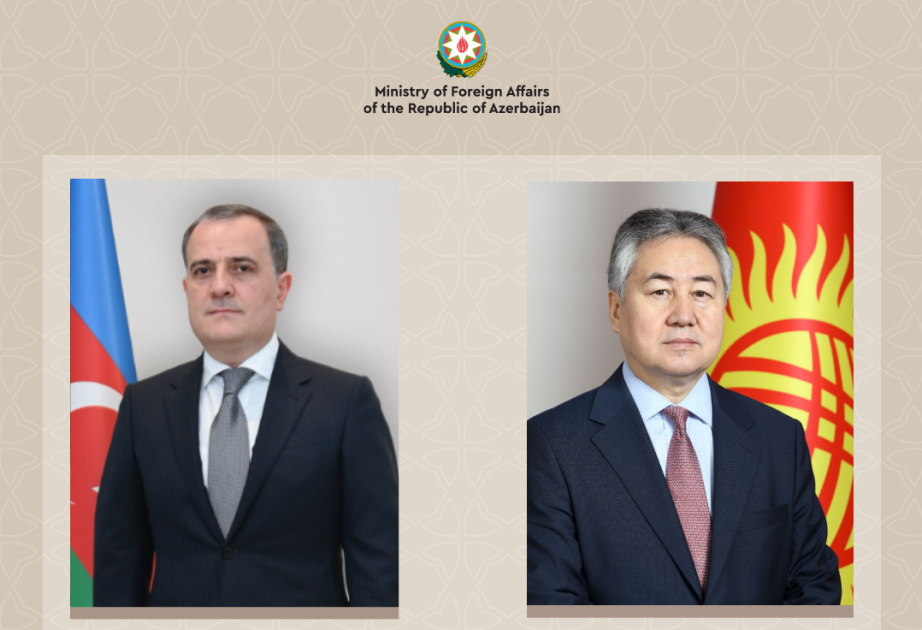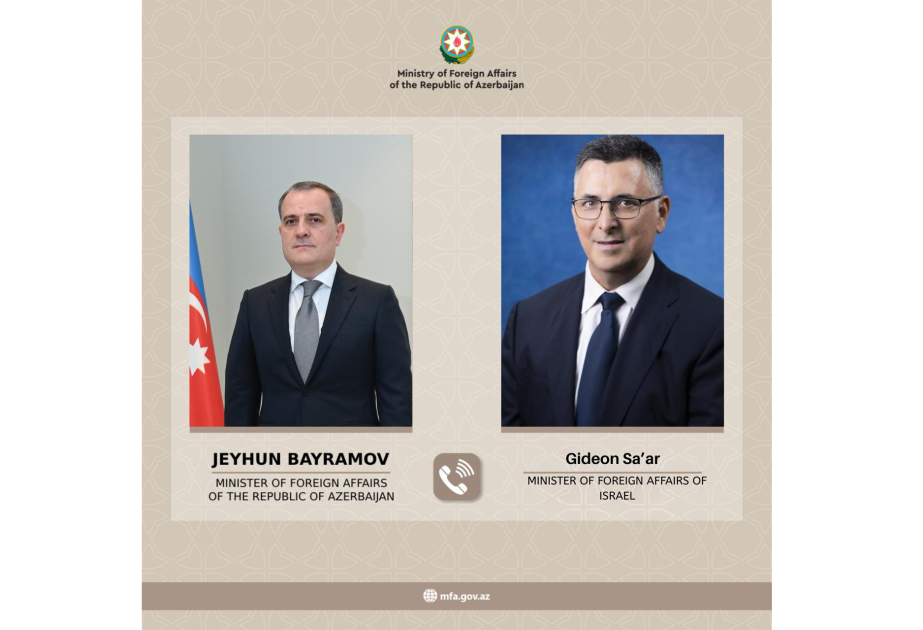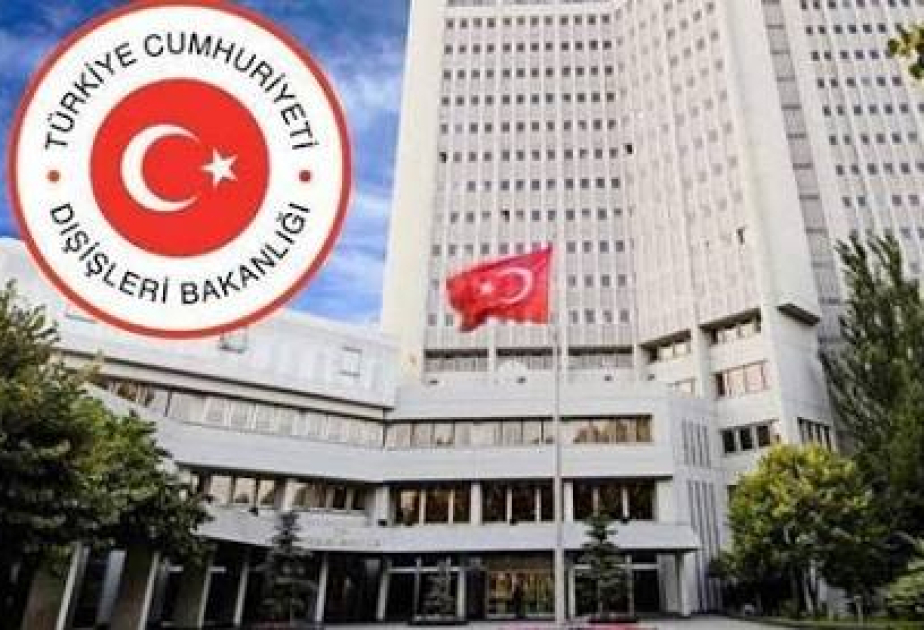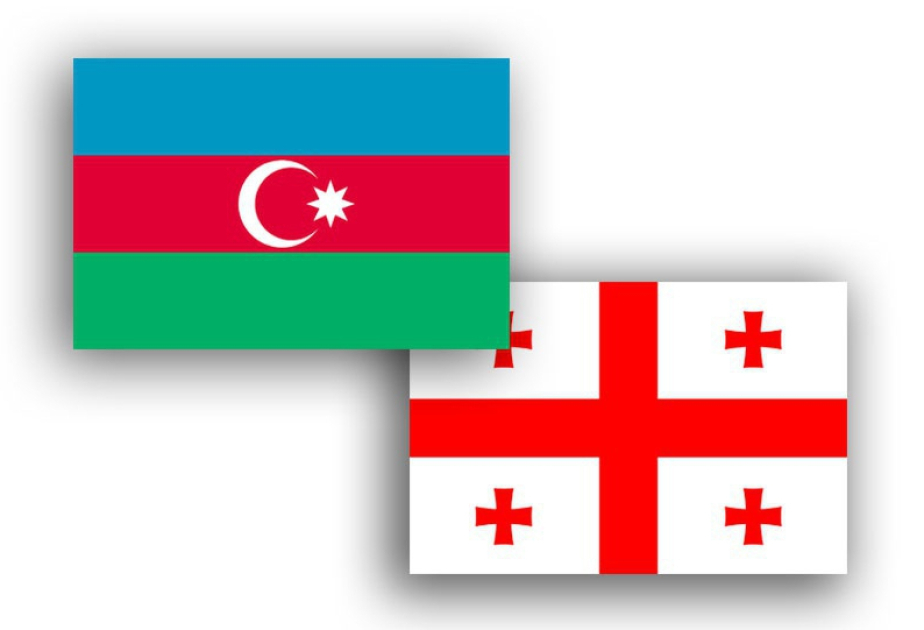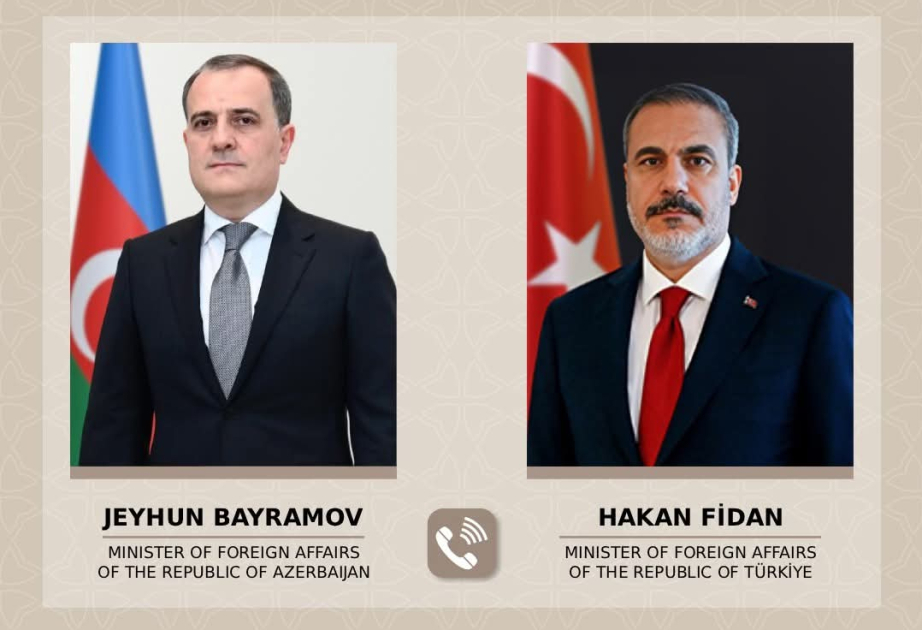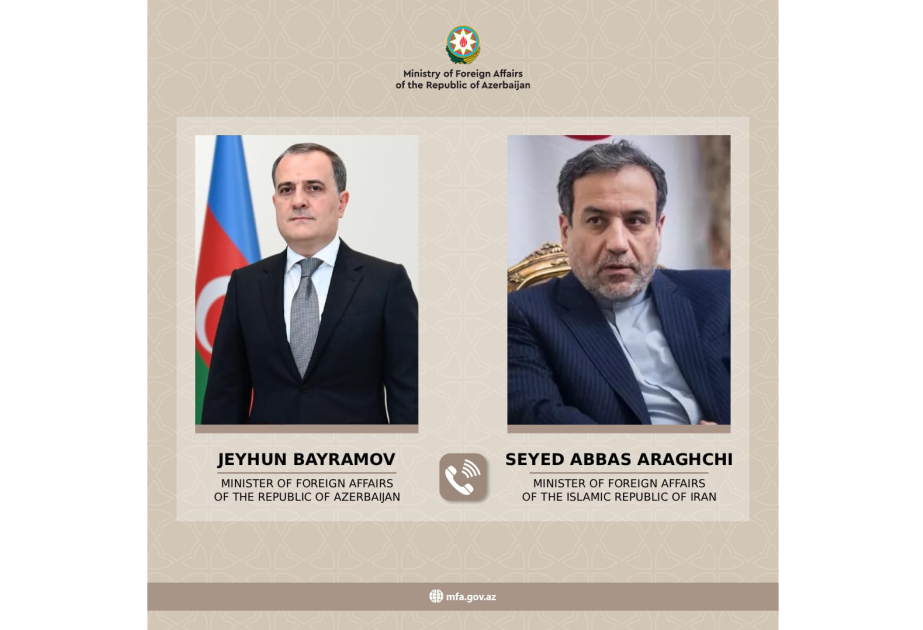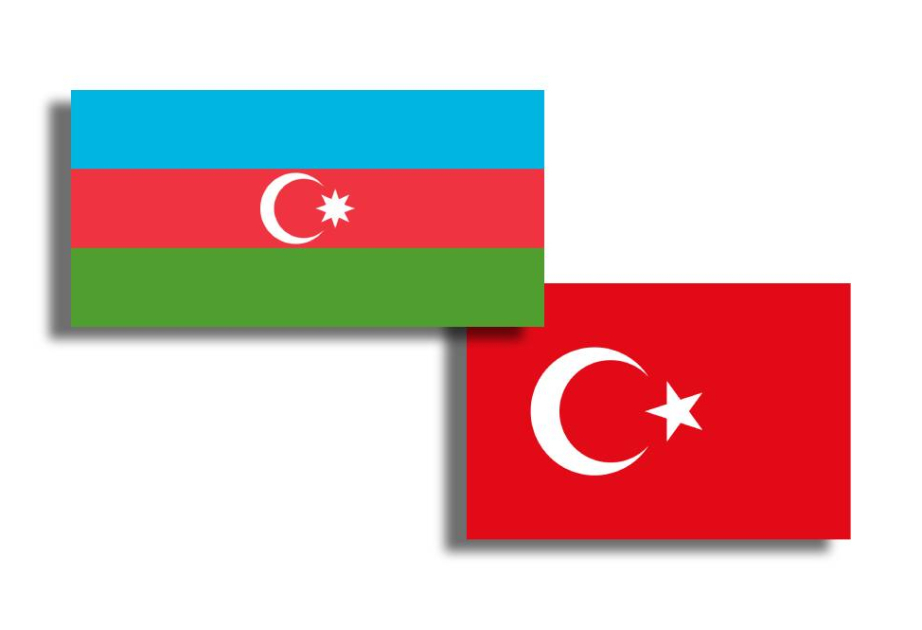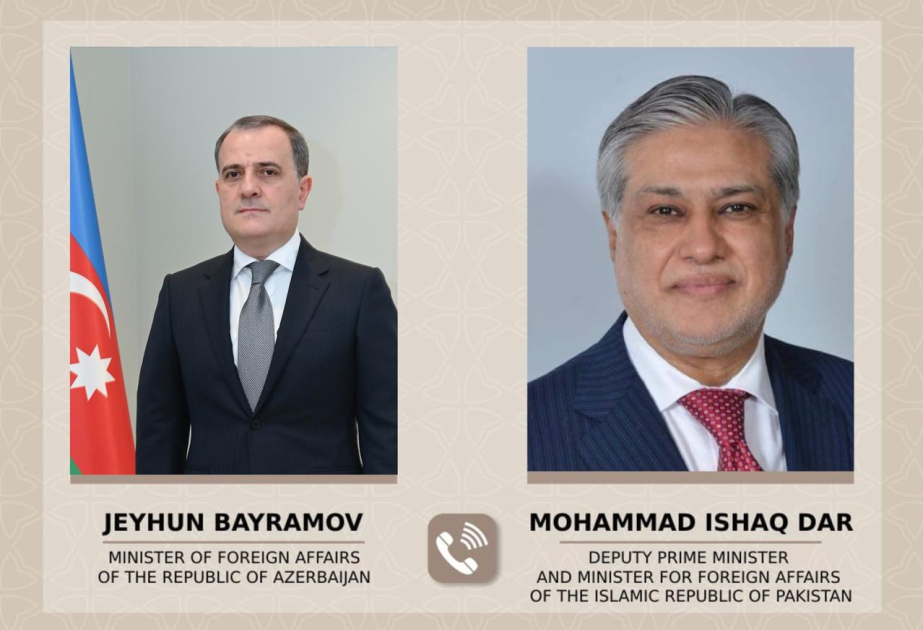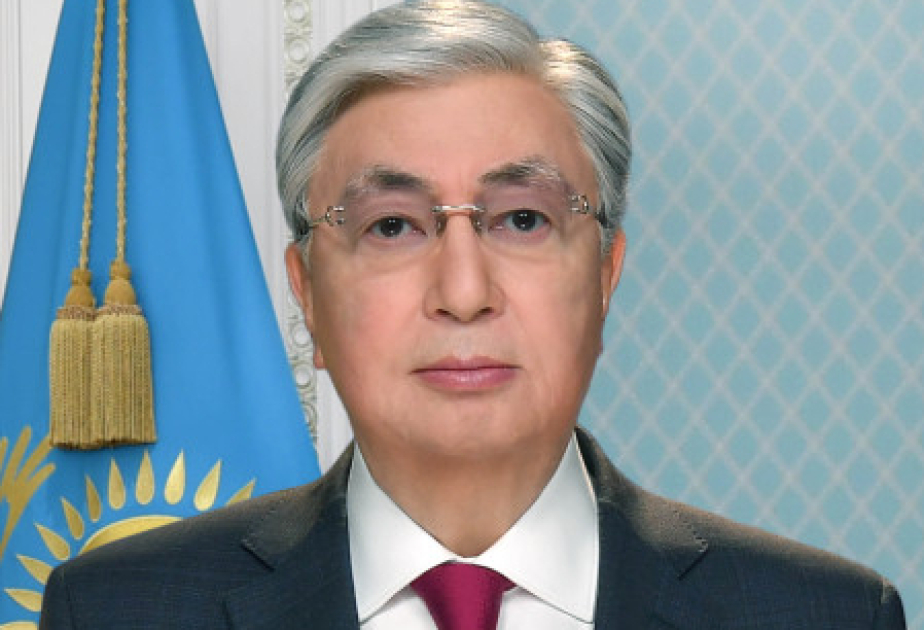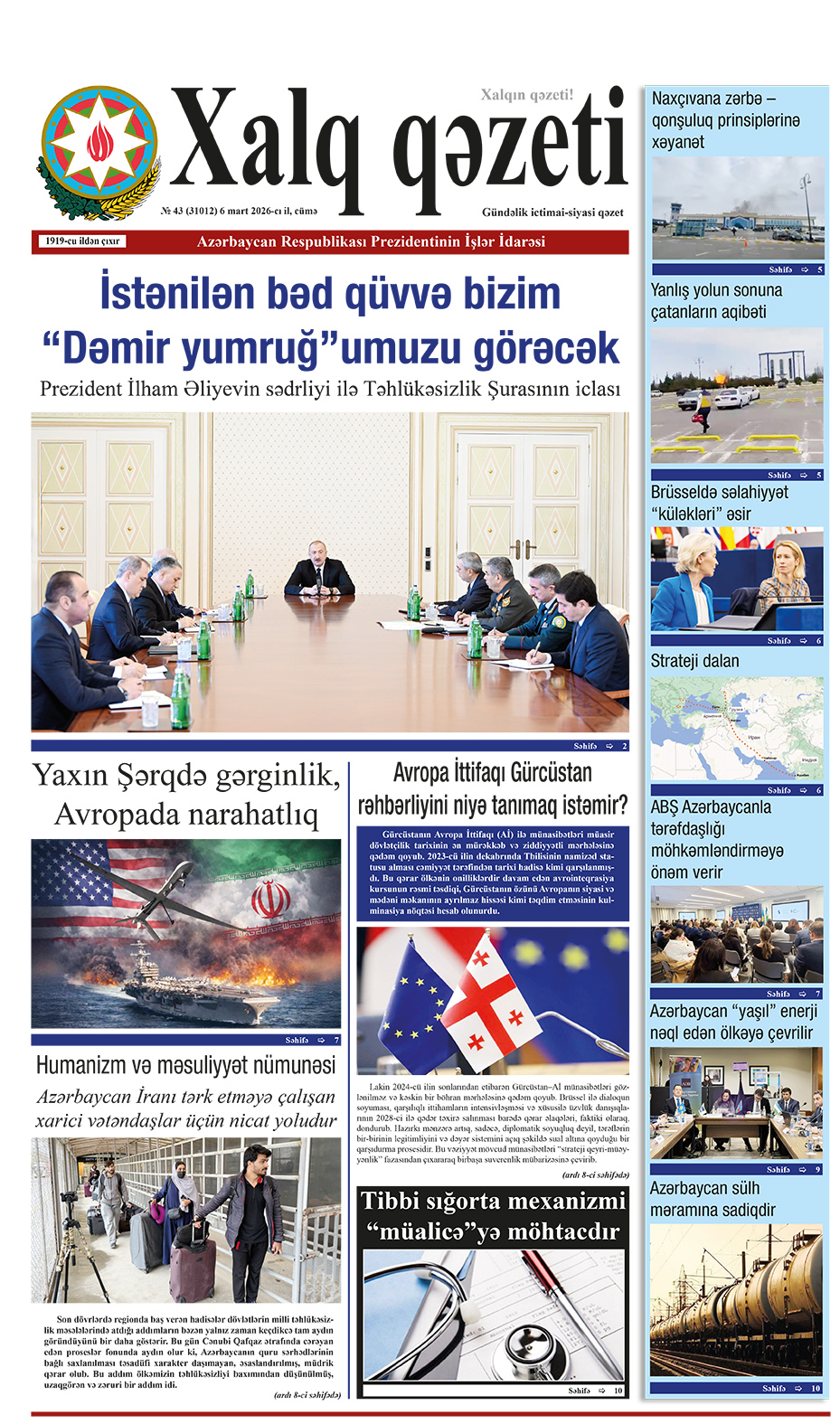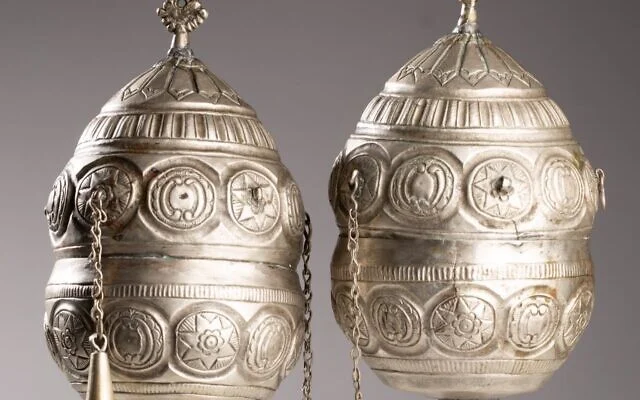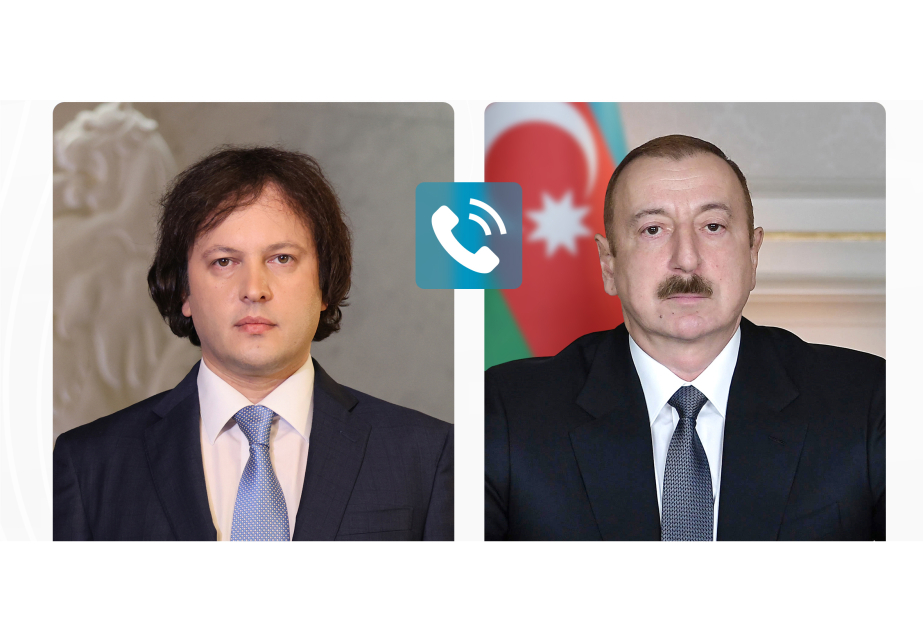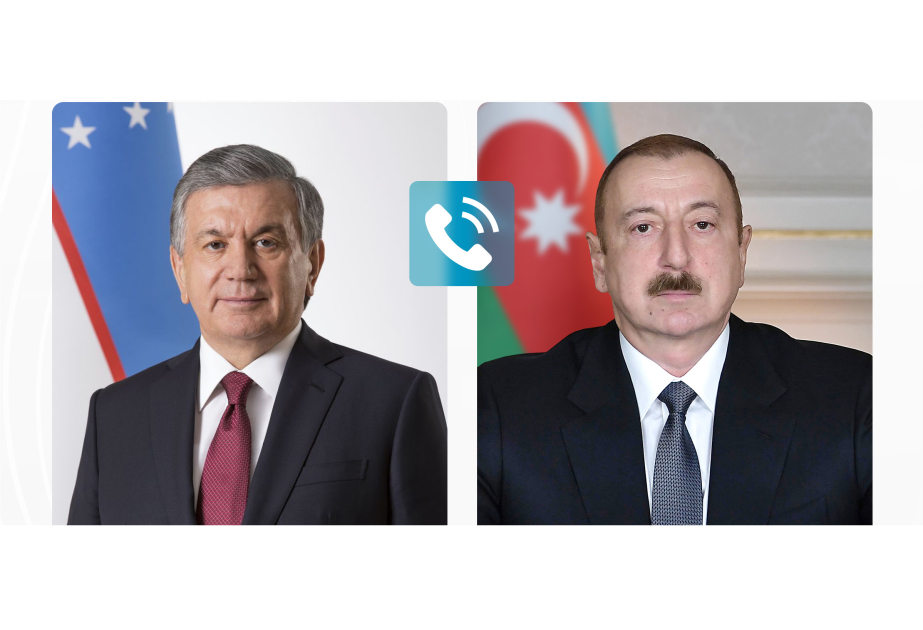A desperate dilemma inside, a harsh reality outside
According to experts, as a result of the negative impact of the feeling of fear on various organs of the animal, especially the nervous system, mild or severe complications may appear. But as in nature, in society, as well as in politics, a more important factor is the reasons that create this feeling. That is, the subject/object infected with this disease may commit wrong and harmful actions or have difficulty in making correct decisions.
In addition to specific individuals, this disease creates the possibility of manifesting itself in the behavior of an entire society, even in the behavior of "institutions" hidden under the international label. Just like the hesitant position shown by the leaders of the European Parliament (EP), who refrained from sending the mission to observe the extraordinary presidential elections in Azerbaijan. It is already officially confirmed information: AP will not send an observer mission to Azerbaijan to monitor the February 7 extraordinary presidential elections. This was the expected decision from Strasbourg. Because the name of this institution is not in the list of international organizations invited by the Ministry of Foreign Affairs of Azerbaijan, as well as the Milli Majlis, to observe the presidential election. It is clear that according to diplomatic rules, even before the invitation, there is a stage of confidential exchange of views between the parties. An official invitation may or may not be sent depending on the outcome of that discussion. Therefore, there is no doubt that the decision to refuse the February 7 election observation mission was made by the AP leadership itself.
The statement issued by the pan-European legislative body states that the EP will not observe the presidential election in Azerbaijan and, accordingly, the body will not comment on the election process or its outcome. In addition to this statement, the EP specifically underlines that "no member of the European Parliament has the authority to observe and comment on the election process on its behalf."
Probably, those sitting in the headquarters of the AP in Strasbourg were faced with such a thought-out question: What opinion will the observation mission of the institution announce on the morning of the presidential elections, which will be held in Azerbaijan on February 7, free and democratic, in full compliance with international laws and norms? They will have no reason to say that the elections were "bad", and they will be afraid to admit that they were "good". But in all cases, the reality "stood in the face" of the European parliamentarians: the next presidential elections will be held in the entire territory of Azerbaijan, including the lands freed from occupation. The legal geography of the election will cover not only Agdam, Fuzuli, Zangilan, Jabrayil, Gubadli, Lachin and Kalbajar, but also Shushan, Khankendi, Khojavendi, Agdara and Khojaly. The administrative territorial units we have listed are determined by the borders of Azerbaijan recognized by international law. It seems that the main factor that "scares" MEPs in these elections is that the process is organized and that these territories they will observe are actually recognized.
After all, this acknowledgment would be in direct contradiction with the pro-Armenian mission of the AP, which fights for the "rights of Nagorno-Karabakh Armenians" and accepts statements against Baku, which "tramples on their rights". The report they will give to their sponsors is more important for the "specialized" European parliamentarians who are motivated by the money of the Armenian lobby and are "specialized" in carrying out political orders from across the ocean. The ashes of the "political-ideological bonfire" left by this institution, where the Azerbaijan-phobic and Turkey-phobic forces of Europe are concentrated, after the local anti-terrorist measures implemented by Baku in September 2023, have not yet cooled down.
***
Of course, formally, the European Parliament is free to refuse to monitor the February 7 elections. This is not a legally arguable precedent, nor is it the point at which a reply note or statement will be issued. However, the European parliamentarians who accepted pro-Armenian pieces of paper against Azerbaijan in the fall of 2023 lost the right to monitor the elections held in the integrated sovereign territory of our country at that time. Here we can only talk about political responsibility. But, is there an institution in the "old continent" that will put this responsibility on him? No!
Returning to the beginning of our article, let us note once again that the European Parliament has become a prisoner of its own fear. It is a serious, possibly incurable disease. We know the diagnosis, but let them find the cure themselves.
Imran Badirkhanli
XQ


.jpg)

